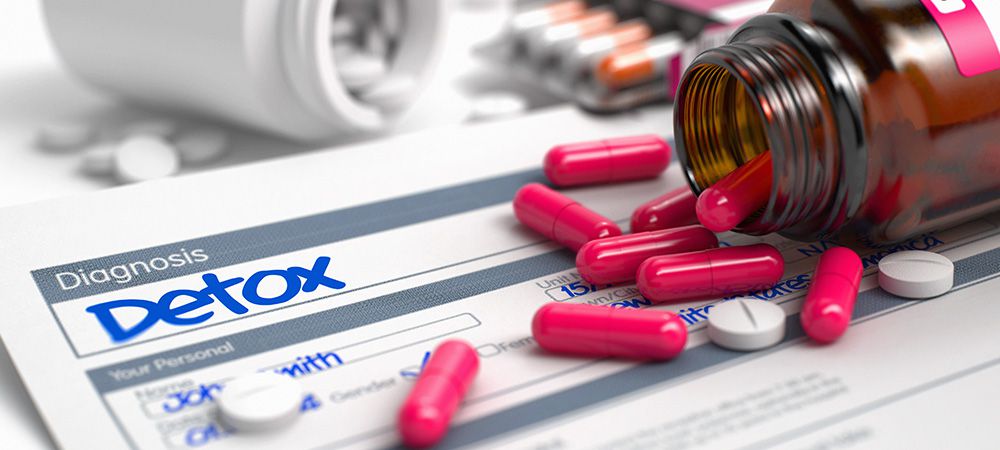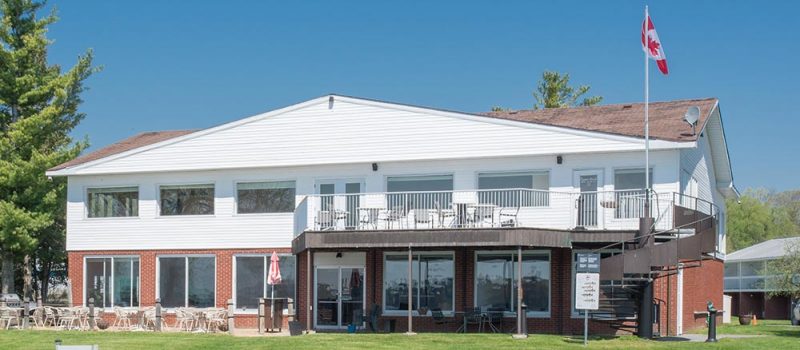Millions of people globally suffer from addiction. It ravages its victims and ruins lives. Most individuals know someone with a substance abuse problem.
Addiction is a chronic dependence on a substance or activity that has serious psychological or physical effects. It always begins with one drink or one visit to the Bingo parlour. Slowly individuals become more and more dependent on a substance or behaviour as they build up a tolerance.
Research tells us that individuals with an addiction need treatment that is specifically designed to their own needs, and that professional help vastly increases the chances of success. A rehab centre or hospital will develop a personalized treatment plan, and the first step will be drug detox.
What is Drug Detox?
Detoxing from drugs involves clearing the body of substances and managing any withdrawal symptoms that occur. The entire process may take anywhere from a few days to several months. For example, alcohol leaves the body after a few days but the withdrawal symptoms can last much longer.
There are two ways to stop using drugs or alcohol – gradually or all at once. Stopping suddenly, or “cold turkey”, can be extremely dangerous and should never be done without medical intervention. Support groups like Alcoholics Anonymous are great, but when you are ready to quit, you need more specialized help.
Medical detox is withdrawal that is done under the supervision of medical professionals, either in a treatment centre or hospital, or at home. This ensures that the possible side effects from detox, such as cardiac arrest or seizures, can be managed. Doctors may also use drugs to manage the withdrawal symptoms so that quitting is less dangerous.
Designing the plan

The first step in the drug detox process is assessment by a doctor or medical professional, who will then create a plan tailored specifically to the individual. This will involve weaning the person with the addiction from the substance in order to safely remove it from the body.
The plan will depend largely on what substance the individual is addicted to. Most experts agree, for example, that it is dangerous to quit prescription drugs like opioids or valium “cold turkey”, so they substitute other medications to wean the body off slowly.
In some instances, doctors will provide the patient with prescription drugs that mimic the substance in order to ease withdrawal symptoms. The health care providers will then taper the individual off these substances.
How quickly a patient is weaned depends on several factors, including the substance and how long the addiction has been going on. If someone is a heavy user of cocaine or heroin, for instance, they may need a complex detox plan that includes prescription drugs and several weeks of treatment. Those who have been addicted for a shorter time, or who are at lower risk of withdrawal effects, may only need a few days of observation and monitoring.
Types of Drug Detox
Substance abuse disorder is a mental health problem that has physical and psychological effects. Detoxing without medical intervention, alone and with no guidance, is not advisable. This is because a person who is heavily addicted to drugs or alcohol may develop severe withdrawal symptoms if they try to quit abruptly. These symptoms can be dangerous – they often include rapid heart rate, hallucinations and seizures.
There are two types of detox treatment: inpatient or outpatient. With outpatient treatment, detox takes place under the guidance of staff in a doctor’s office, rehab centre or hospital, but the individual does not stay there. In the case of inpatient treatment, the person temporarily stays at the facility.
In many cases, detox involves a combination of settings. For example, the patient may stay in a hospital for the first few days, and then attend medical appointments on an outpatient basis for several weeks.
The determination of inpatient, outpatient, or combined treatment depends on a variety of factors, including the substance that was abused, the severity of the addiction, whether there is a prior history of substance abuse, and whether there are any other health problems.
Outpatient Detox
People who go through outpatient detox live at home and continue participating in their regular activities, while attending appointments with one or more medical professionals.
The detox program will look different for each individual based on their needs and circumstances. People who don’t need a lot of supervision might just check in with the health care provider at scheduled times. Those who need more supervision will have regularly scheduled visits, and they may also receive home visits from nurses. Some people attend a daytime program at a hospital or substance abuse treatment facility but go home at night.
Outpatient treatment tends to be less expensive than inpatient treatment. In all other respects, the treatment goals are the same: to ensure that the patient is safe and comfortable throughout their withdrawal process.
Inpatient Detox
The primary benefit of inpatient drug detox is the round the clock care that a patient receives. This is crucial if the addiction is very advanced or the withdrawal symptoms are severe. It can be dangerous to quit any drug without medical support, but some substances, like opioids and alcohol, post a higher risk.
Inpatient detox offers everything that outpatient treatment offers. This includes group counselling, withdrawal medications and medical intervention.
Intensive inpatient medical rehabs offer the highest level of care and monitoring. These programs can keep you safe and medically stable while you taper off dangerous drugs.
A typical day involves a visit with a doctor, carefully planned meals, withdrawal symptom management, group counselling and exercise.
Many facilities offer both detox and rehab, meaning that when the patient has completed their detox, they can go straight into a drug rehab program.

At Home Detox
At home drug detox may seem like a desirable option, but it is generally not recommended. Withdrawal symptoms are often dangerous, and being at home by yourself means you do not have access to medications and treatments designed to make the process safe and comfortable.
Detox at home may be safe for some substances, such as marijuana, but this should only be done after consultation with a doctor who has determined that you are at low risk of severe withdrawal symptoms. In no circumstance should you be alone during your detox period.
Where to Go for Support
At Thousand Islands Rehab Centre, we offer medical detox and addiction rehab. Our team of dedicated medical experts will supervise you and keep you safe through even the toughest of withdrawals. You will be in an environment where you can get the drugs or alcohol out of your system while you start to regain your physical strength. All detox and rehab programs are customized to the needs of each individual. Call us today to find out more. Don’t try to go through detox on your own. We are here to help you get started on your recovery.

